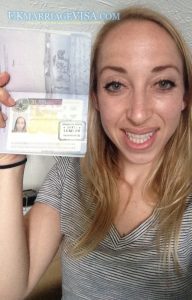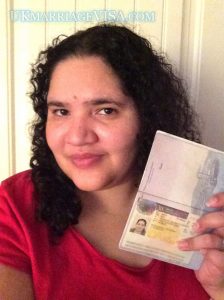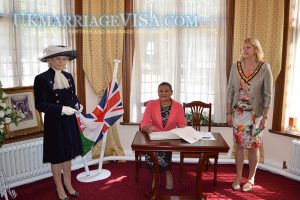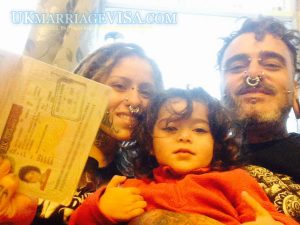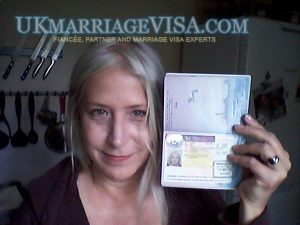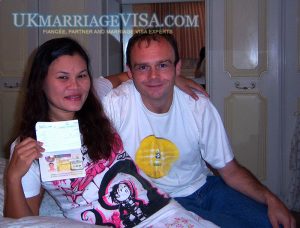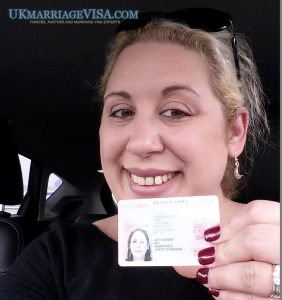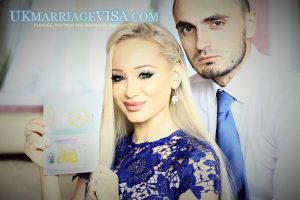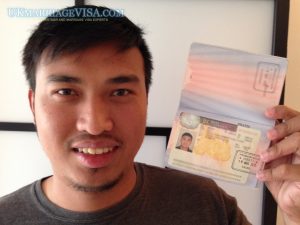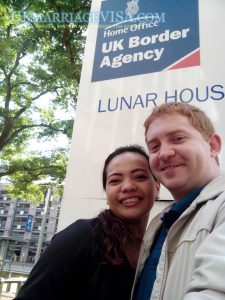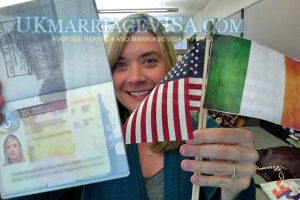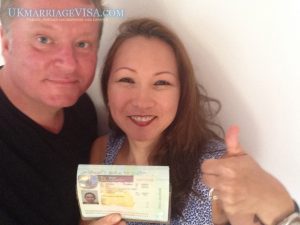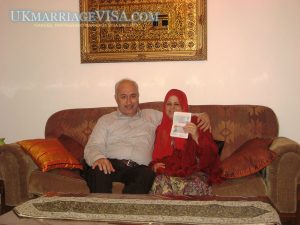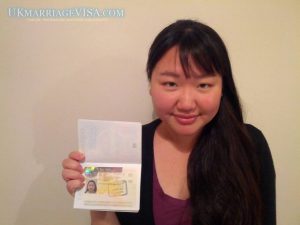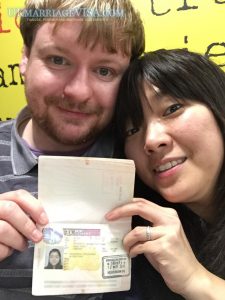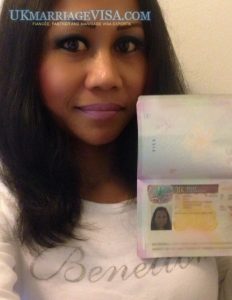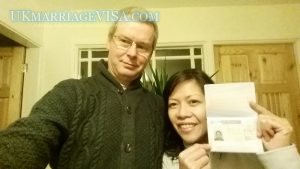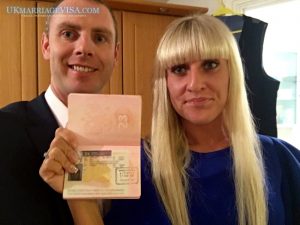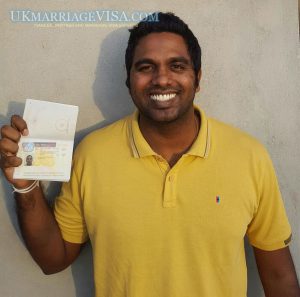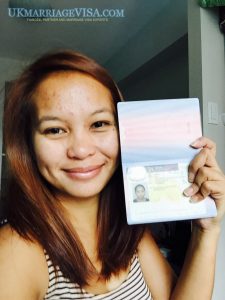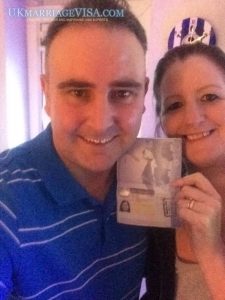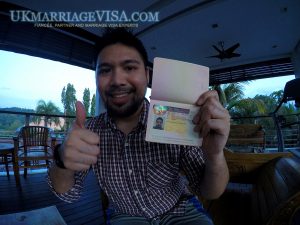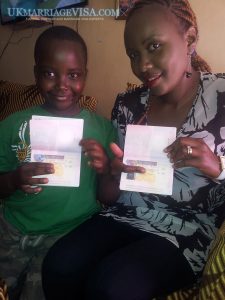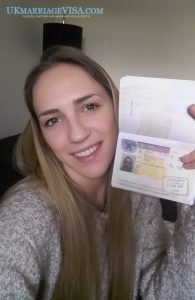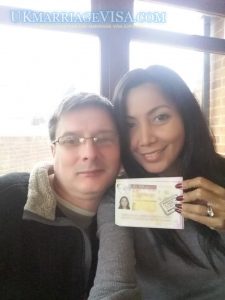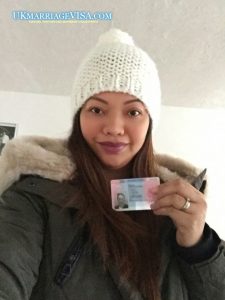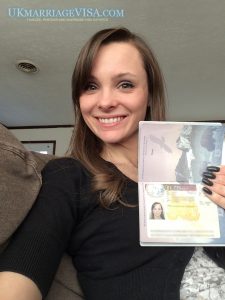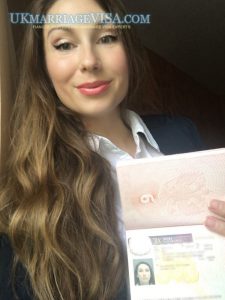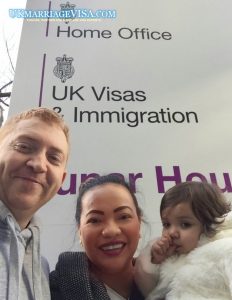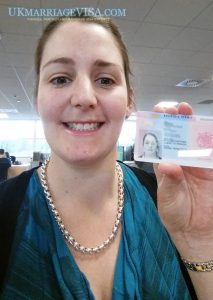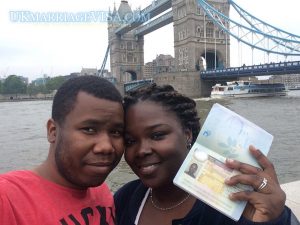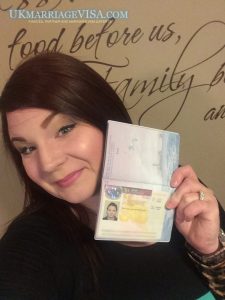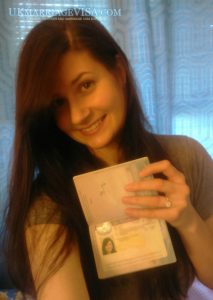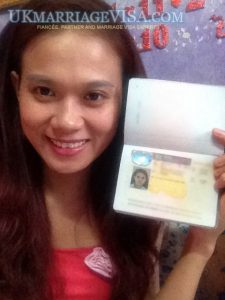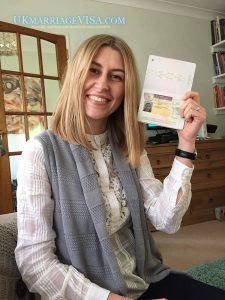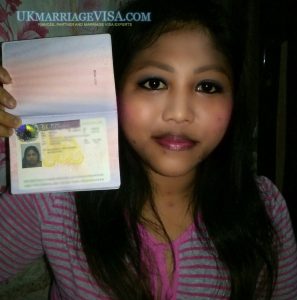Naturalisation for partners and spouses of British citizens
Foreign nationals wishing to naturalise as British citizens after successfully obtaining ILR status (indefinite leave to remain or permanent residence) must meet a variety of specific Home Office requirements and it is important that all applicants make themselves familiar with the standards that need to be reached in various categories before applying. A fee is payable for the UK citizenship application and there are no refunds available, even in cases where it is found, on examination, that the applicant is not eligible to become a British citizen. Although each case is decided by UK Visas and Immigration (UKVI) on its own merits, there are some general criteria which must be met before any naturalisation application can be granted and applicants are urged to make sure that they can meet these needs before applying.
How to become a British citizen: basic requirements
All applicants must be over eighteen years of age at the time of application and of sound mind. Those wishing to naturalise as British citizens must also be able to communicate clearly in English, Welsh or Scottish Gaelic to a standard set down by CEFR (Common European Framework of Reference for Languages). The applicants must also take and pass a test covering Knowledge of Life in the United Kingdom and prove that they are of good character.
Residential requirements
The residential requirements are strictly adhered to when deciding naturalisation applications and although some exceptions may be made, these are not frequent. Normally, an applicant needs to have been resident in the United Kingdom for at least five years – this is known as the residential qualifying period. In addition to this, applicants must have spent no more than 270 days outside the United Kingdom in the three years immediately preceding the date of filing the application, and more specifically, have spent no more than 90 days abroad in the last year of the qualifying period. Provisional partner and spousal visa holders, who were granted a UK settlement visa or further leave to remain (FLR) on or after 9 July 2012, must complete a mandatory five-year probationary period in the UK before they can apply for indefinite leave to remain (ILR) and subsequently naturalise as British citizens.
During this period, applicants must have not been in breach of any immigration rules at any time. The applicant must be a permanent resident (ILR holder) at the time of application and this is a non-negotiable requirement. The residential qualifying period is strictly adhered to and time spent in the UK while exempt from immigration control does not count towards it. Examples of this would be time spent as a member of a visiting armed force or in detention; although physically present in the UK under these circumstances, this time would not count.
Immigration time restrictions
No applicant may seek British citizenship whilst under immigration time restrictions which means in practice that they must already have settled status before applying. This could be indefinite leave to remain (ILR) or indefinite leave to enter (if applied under the old Rules prior to 9 July 2012); being a spouse or civil partner of a member of HM Armed Forces at the end of the five-year probationary period.
Breach of immigration rules during qualifying period
A naturalisation application will most likely be refused if there is any breach by the applicant of the UK immigration rules in force at the time of any offense. Falling out of legal status whilst living in the UK may potentially affect the outcome of a naturalisation application.
UK naturalisation processing times
It is not possible to give accurate figures for the time needed to process naturalisation applications as each one is dealt with on an individual basis. However, because of the statutory requirements that must be checked, most applications will take up to six months to complete, although some simple applications may be dealt with more quickly and others may take significantly longer. Current Home Office figures suggest that most citizenship applications are completed within six months (95%), with some being approved within two to three months.
As soon as an application is received, an acknowledgement letter is sent out; this may take up to four weeks at busy times. If more documentation is required, a request is sent to the applicant and they then have three weeks to respond. If no response is received, a decision will then be made based on the information provided as part of the initial application. In certain circumstances the applicant may be asked to attend a citizenship interview, which may be conducted on the UKVI’s behalf by the police or other representative. This interview could be held in the applicant’s home or the applicant may be invited to attend an interview at an appropriate UKVI processing centre. During this interview details of the application will be discussed and the applicant will be expected to conduct the interview without an interpreter.
In the case of an application being unsuccessful, the applicant will receive a letter explaining the reason. The applicant is at liberty to ask for a review of the decision if they feel for some reason that it was not soundly based on current nationality law or policy. After a review, the applicant will receive details of the revised decision, if any.
Citizenship ceremony
A successful applicant will be invited to attend a citizenship ceremony. Local authorities arrange these and the applicant will be informed of which one they should contact to arrange a suitable date. The ceremony must be carried out within three months of receipt of invitation.
For UK-based applicants, Citizenship ceremonies are normally conducted by Registrars in local areas. For applicants living abroad, the ceremony may be carried out on diplomatic premises, i.e. local British Embassy or Consulate. For British overseas territories, citizenship applicants or those wishing to become a British overseas citizen or British subject, no ceremony is required. There is merely an oath or affirmation of allegiance.
Because becoming a British citizen is a significant event and should be celebrated in a meaningful way, the ceremony has been designed so that successful applicants can be welcomed into the local community and meet other people in the area who are becoming British citizens. Applicants can choose to have their ceremony in any part of the UK but this should be made clear on their application. Although most ceremonies are held at local registry offices, some are held in larger buildings such as schools. In some areas there are suitable historic buildings which are used.
Many local authorities make the ceremonies communal and there is usually provision for two guests per person. Attendance is by invitation only and this should be taken to the ceremony to ensure admittance. There are certain circumstances in which the naturalisation ceremony can be held in private but this usually involves an extra fee and it is unlikely that any local dignitary will attend, unlike in the public ceremonies.
Free immigration consultation
We encourage you to sign up for a detailed consultation with one of our UK immigration consultants to find out if your partner or spouse meets the requirements to become a British citizen by naturalisation. Please fill in our brief online assessment form on the right hand side of the page. One of our advisers will contact you on the same day. There is no fee for your initial consultation, as general questions will be answered with no obligation on your part.
Kemp House
152-160 City Road
London EC1V 2NX


